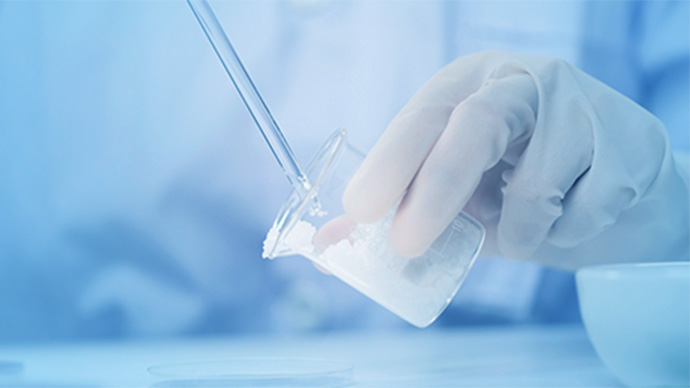- Untargeted Metabolomics
- Lipidomics
- Targeted Metabolomics
- Functional Metabolomics
-
Proteomics
- Nanoparticle proteomics
- iTRAQ/TMT-based Proteomics Analysis
- Label free Quantitative Proteomics
- Protein Identification
- DIA proteomics
- Peptidomics
- Parallel Reaction Monitoring (PRM) Targeted Proteome
- Metpro -Ⅱ Protein-Metabolite Interactions
- Phosphoproteomics
- Acetylation Analysis
- Protein Ubiquitination Analysis

Proteomics is the analysis of the entire protein complement of a cell, tissue, or organism under a specific, defined set of conditions. In its present state, it is dependent on decades of technological and instrumental developments. These developments have included advances in mass spectrometry (MS) technology, protein fractionation techniques, bioinformatics, etc. Proteomics relies on three basic technological cornerstones that include a method to fractionate complex protein or peptide mixtures, MS to acquire the data necessary to identify individual proteins, and bioinformatics to analyze and assemble the MS data. While MS and bioinformatic components are somewhat similar in most applications, there are two distinct methods to separate complex protein samples in proteomics. This separation technology is the most common separation technique used in proteomics today. Advances in this technology have enabled thousands of proteins to be resolved in a single gel. No area of proteomics has evolved faster than bioinformatics. Proteomics is critically dependent on bioinformatics to process the raw mass spectral data into protein data. While routinely used by every laboratory, the most critical software programs are those that take peptide mapping and/or tandem MS results and determine the protein or peptide sequence that most closely matches the experimental data.

